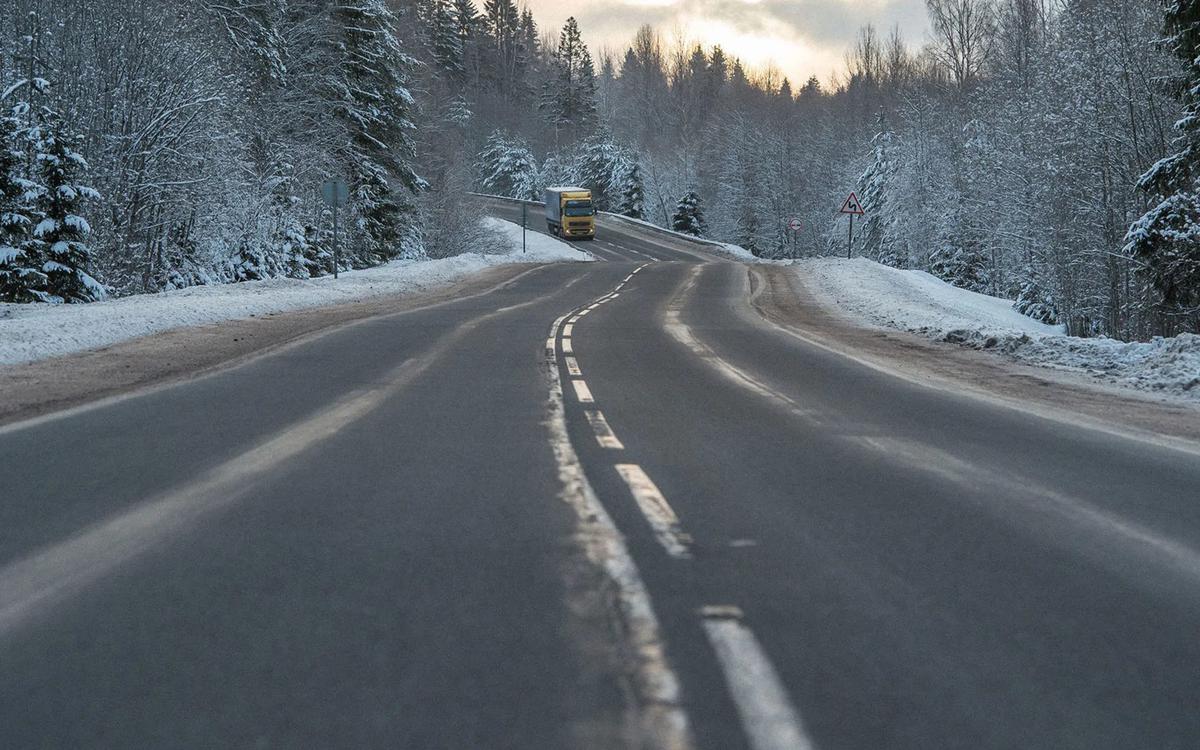This Week’s Highlights
Novaya Gazeta confirms that the man behind an assassination in Berlin has ties to a special forces group within the Russian FSB, sentences are handed down for another group of pro-democracy protesters in the Moscow Case, state-linked Russian companies get caught trying to dodge U.S. sanctions, members of an indigenous group take Russia’s Environment Ministry to court and Chechen law enforcement kidnaps a video blogger after he exposes the lavish properties belonging to the local ruling elite in Southern Russia.
- Want to get the full story? Click the links below for full-length articles in Russian.
- New feature! Russia, Explained Audio Briefing. Also available on Apple Podcasts and Google Podcasts!
Special Investigation: Identifying an FSB Assassin
A Novaya Gazeta investigation has confirmed that the man responsible for assassinating a former Chechen military commander in Berlin is not only linked to Russia’s Federal Security Service (the FSB) but part of the infamous FSB special forces group known as “Vympel.” The killer approached his target, Zelimkhan Khangoshvili – a Georgian national who also served as a military officer during the 2008 Russo-Georgian War – on a bicycle and shot him dead in a Berlin park on August 23, 2019.
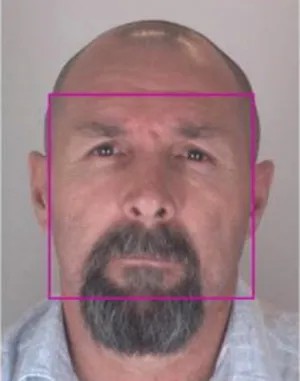
The Investigation.When the assassin was detained, he was found carrying a Russian passport with the name Vadim Sokolov. The Berlin Prosecutor’s Offices suggested that he was linked to the Russian FSB. A joint investigation from the publications Der Spiegel, The Insider, Bellingcat and the Dossier Center later identified him as Vadim Nikolaevich Krasikov, a Russian citizen born in 1965. Novaya Gazeta was later able to establish that Krasikov was indeed connected to the FSB’s special forces.
The Assassin.In 2007, Vadim Krasikov was identified in connection with the murder of businessman Yuri Kozlov, who was a city deputy for the town of Kostomuksha in northwestern Russia at the time. His two accomplices were identified as FSB officers from the Vympel special forces group. Novaya Gazeta has confirmation that the operation in Kostomuksha was not the only one this group carried out and that they continued working together until at least 2012. Krasikov was also wanted in connection with the June 2013 murder of Russian businessman Albert Nazranov – whose assassin approached him on a bicycle as well. In 2015, however, the search for Krasikov was called off and information on him was reportedly deleted from law enforcement databases.

The Victim.Zelimkhan Khangoshvili had been living in Berlin with his family since 2016. They sought asylum in Germany after several attempts were made on Khangoshvili’s life in Georgia. Khangoshvili’s assassination is believed to be connected to his military involvement in Chechnya in the early 2000s, since the Chechen leadership is known for going after dissidents abroad.
Backstory.Russian operatives carrying out high-profile killings outside of Russia have been making headlines in recent years, due to the novichok poisoning case – often referred to as the Skripal case – that took place in the city of Salisbury in the United Kingdom in March 2018. In response to the Skripal poisoning case, a number of Western countries expelled Russian diplomats en masse. Germany has already expelled two Russian diplomats in relation to the Khangoshvili assassination in Berlin. Meanwhile, Russian President Vladimir Putin claimed that Khangoshvili was one of the organizers behind a lethal bombing in the Moscow metro and that requests for his extradition had been ignored.
Read Novaya Gazeta’s special investigation identifying the FSB special forces agent behind the Berlin assassination here.
Moscow Case Judgement Day, Explained
Seven more pro-democracy protesters were sentenced in the Moscow Case on December 6, 2019, along with three other administrative sentences handed down in relation to the mass anti-government protests that took place this summer. Initially, a criminal case was opened accusing protestors of “mass rioting” and about 30 people were arrested. Although the “mass rioting” case was closed due to a lack of evidence, the detainees were sent to prisons under equally questionable charges of assaulting police officers. During the newest prosecution wave, Novaya Gazeta correspondent Ilya Azar was also fined 300 thousand rubles (about $4,713) for participating in an ‘unauthorized rally’ in support of the Moscow Case political prisoners on August 31, 2019.
Egor Zhukov. In the most high-profile case, a 21-year-old video blogger named Egor Zhukov got three years probation. The authorities opened a case against him for allegedly using his popular YouTube channel to “incite extremism.” Zhukov’s courtroom speech during his hearing on December 4, 2019, made waves online and was even profiled in the New Yorker. Although his probation includes a ban on managing websites for the next two years (meaning he can no longer publish videos on his YouTube channel), Zhukov’s voice will still be heard since he has officially joined Novaya Gazeta as a political correspondent.
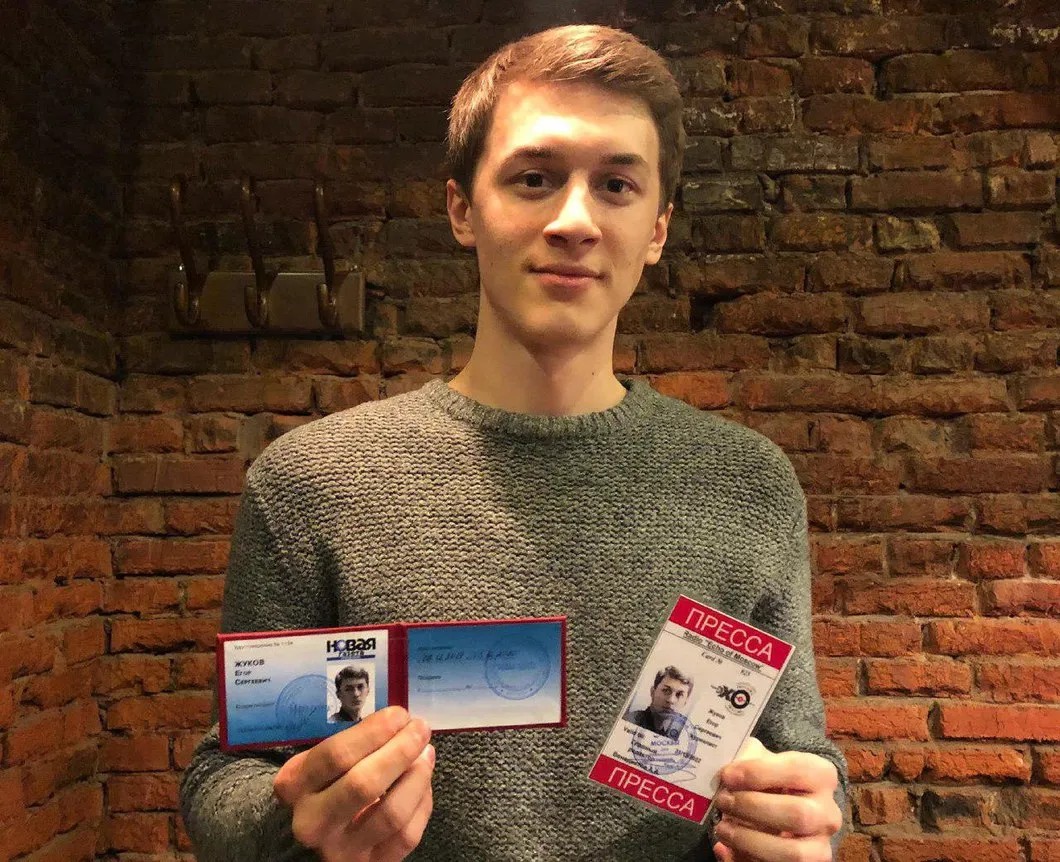
Discrediting the System.The Moscow Case trials have only served to discredit the Russian court system, argues Novaya Gazeta columnist Kirill Martinov. He writes, “The day after the sentence, I thought about how it happened that we perceive a suspended sentence for an innocent person as a victory, as the authorities – [who] are often excessive and gratuitous – easing up, as mercy. The reason, in my opinion, is that both sides know that prison is real and that home and friends are real. But a court that ignores facts and common sense, on the other hand, is not a very real thing.”
Amnesty.Russian courts and law enforcement agencies also seem to be aware that the recent prosecution wave could undermine the overall legitimacy of the authorities. The Investigative Committee acted too hastily when it opened the “mass rioting” case, says Novaya Gazeta columnist and member of the Russian Presidential Human Rights Council, Leonid Nikitinsky. As such, he is suggesting a general amnesty for all participants in pro-democracy protests in Moscow this summer as a “reasonable solution” to the case. Nikitinsky intends to propose the draft amnesty to President Putin for further consideration.
Read columnist Kirill Martinov’s commentary on the judgments in the Moscow Case here and Leonid Nikitinsky’s take here.
Russian Companies Testing American Sanctions, Explained
Поддержите
нашу работу!
Нажимая кнопку «Стать соучастником»,
я принимаю условия и подтверждаю свое гражданство РФ
Если у вас есть вопросы, пишите [email protected] или звоните:
+7 (929) 612-03-68
Amid friendly signaling from the White House to the Kremlin, companies linked to the Russian state are testing the limits of the U.S. sanctions imposed after the annexation of Crimea and military intervention in Ukraine in 2014. Using international intermediaries, an unnamed “government-controlled” Russian company reportedly tried to acquire a $17.3 million Vectra 400 power turbine in the United States, for deep drilling in the Russian Arctic. The scam involved two Russians, two Italians, one American citizen, and three different firms.

Illegal Transactions.In September 2019, U.S. authorities arrested three international businessmen who were attempting to conduct an illegal transaction in Savannah, Georgia. The South Georgia State Prosecutor’s Office accused them of violating the International Emergency Economic Powers Act (IEEPA), which prohibits practically any economic operation involving property from a “threatening” foreign government. The men in question were Russian businessman Oleg Nikitin (the owner of the St. Petersburg-based company KS-Engineering), Italian businessman Garbiele Villone (the founder of the company GVA International Oil and Gas Services) and American citizen Dali Bagrow (Executive Director of the U.S. company World Mining and Oil Supply). They now face up to 20 years in prison and fines of $1 million for violating the IEEPA.
Russia Responds.Although Oleg Nikitin was arrested in September 2019, the Russian side did not respond until the U.S Department of Justice officially announced the case on December 3, 2019. The Russian Embassy in Washington stated in a Facebook post that they had been in communication with Nikitin for some time. The Embassy claimed that Nikitin is in detention at a Georgia state prison on charges of fraud and money laundering, but is pleading not guilty.
Get the full story on the Russian state-linked companies trying to dodge U.S. sanctions here.
Indigenous People vs. Russia’s Environment Ministry, Explained
In a case sending waves across the country, Andrei Danilov, a member of the Sami minority indigenous group in Russia’s far-north region of Murmansk, is suing the government for denying him the right to hunt without a license. The case is reminiscent of the long and unaddressed history of the Russian state suppressing indigenous minority groups and erasing their cultural heritage.
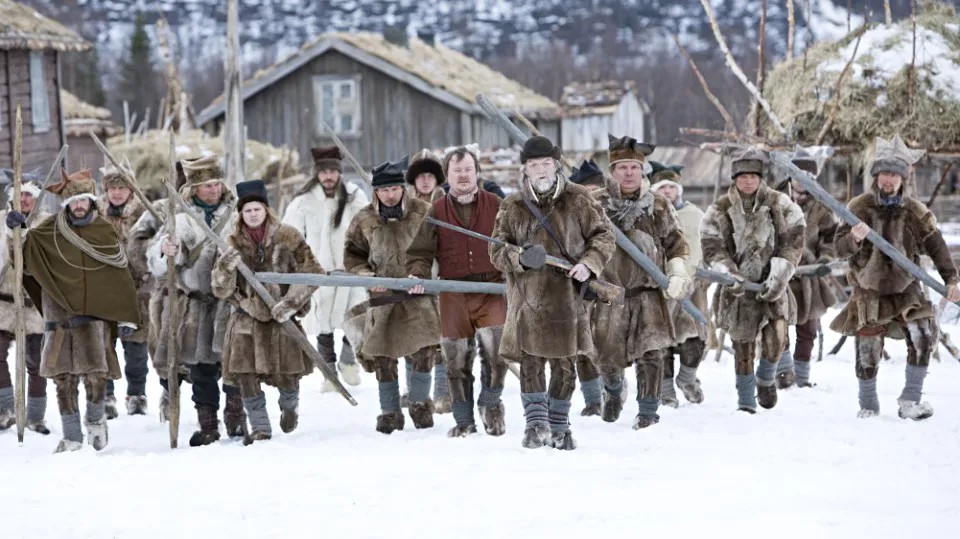
Defending indigenous identity. The Environment Ministry is currently demanding that Danilov note his indigenous status on a “hunting ticket.” The marker is intended to allow indigenous people to hunt without purchasing a license so long as it is for personal consumption and part of traditional culture. However, other members of the Sami minority in the Murmansk region, like Danilov, have been repeatedly forced to prove their nationality in court, in order to receive the benefits they are guaranteed by law. And officials consider other state documents where nationality is recorded, such as military IDs, birth certificates and marriage certificates, as insufficient proof. The Sami fear that this is a step towards the authorities extorting members of indigenous communities into buying hunting licenses.
Backstory.Members of the Sami indigenous group live across four countries: Norway, Sweden, Finland, and Russia, but they do not recognize borders. For the Sami, hunting is an element of their traditional way of life; a part of their culture that is necessary for their people’s survival. A traditionally semi-nomadic group of reindeer herders, the Sami faced repressions and underwent forced assimilation when the Soviets colonized the tundra for its mineral deposits and built factories in the far-north. This also destroyed the pastures that their reindeer needed for survival and these animals are now considered an endangered species. While Andrei Danilov is not the first Sami person to file this type of lawsuit in Murmansk, the Sami have yet to win such a case.
Read the full story on why the Sami people are going to court against the Russian government here.
Video Blogger Kidnapped After Exposing Chechnya’s Wealthy Elites
Law enforcement abducted a video blogger in Russia’s most repressive region, Chechnya, after he attempted to expose the lavish lifestyle of the region’s ruling elite. On November 1, 2019, the Chechen police kidnapped Islam Nukhanov from his home. Two weeks later, an official from the regional Prosecutor’s Office told his family that Nukhanov had been detained on suspicion of harboring weapons. But Nukhanov’s father is convinced that he was detained because of a video clip he uploaded to Youtube.
Kadyrov’s Residence.With the help of locals in the Chechen capital, Grozny, Novaya Gazeta was able to establish the exact route that Nukhanov showed in the video. It passes through a 90-hectare property surrounded by the Sunzha River in central Grozny. This is where the Head of the Chechen Republic, Ramzan Kadyrov, has his residence — protected as a “strategic location” where unauthorized entry is prohibited. Like other streets in central Grozny where Kadyrov’s relatives and closest associates live, the property is surrounded by a perimeter of road signs, obstacles, barriers and checkpoints known as the “red zone.” As a result, a huge chunk of downtown Grozny is not just private property but essentially a restricted area.
The Official Version.Islam Nukhanov spent the entire month of November in the basement of the Grozny Interior Ministry. He was reportedly interrogated in the presence of a lawyer on November 16, 2019, and plead guilty to arms possession charges, because his legal counsel advised him to do so. This narrative is typical of Chechen law enforcement, says Novaya Gazeta Special Projects Editor Elena Milashina. “They found ammo. They found a gun. Do you think that Islam [Nukhanov] was then detained and handled officially, in accordance with Russian law? No, this does not happen in Chechnya – it happens like this: After some time the suspect confesses of his own accord.”
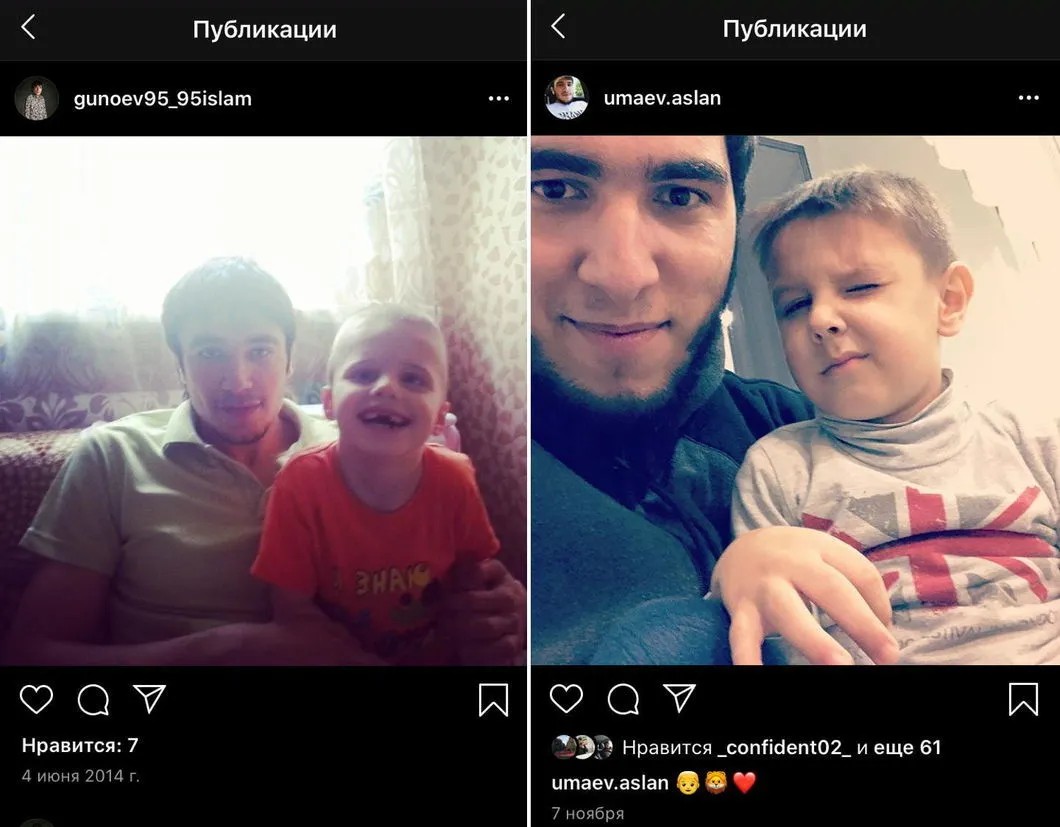
Backstory.By recording a video of the so-called “red zone,” Nukhanov was trying to raise the topic of the large-scale corruption and monstrous income inequality in oil-rich Chechnya – but this is a very dangerous subject over there. The head of the Republic, Ramzan Kadyrov, operates under the direct patronage of Russian President Vladimir Putin and has essentially been given free reign thanks to his strong support and personal backing. As a result of Kadyrov’s dictatorial rule, the repression and persecution of government critics in Chechnya is nothing new, and there have also been purges targeting the Republic’s minorities (in particular the LGBTQ community) and even members of Kadyrov’s inner circle who have fallen out of favor.
Read the latest report from Chechnya by Special Projects Editor, Elena Milashina here.
Thanks for reading! To keep up with Novaya Gazeta’s reporting throughout the week, you can follow us on Facebook, Twitter, Instagram and Telegram. Our video content is available on Youtube and don’t forget to visit our website for the latest stories in Russian. Until next time!
— The Novaya Gazeta Newsletter Team
Поддержите
нашу работу!
Нажимая кнопку «Стать соучастником»,
я принимаю условия и подтверждаю свое гражданство РФ
Если у вас есть вопросы, пишите [email protected] или звоните:
+7 (929) 612-03-68
